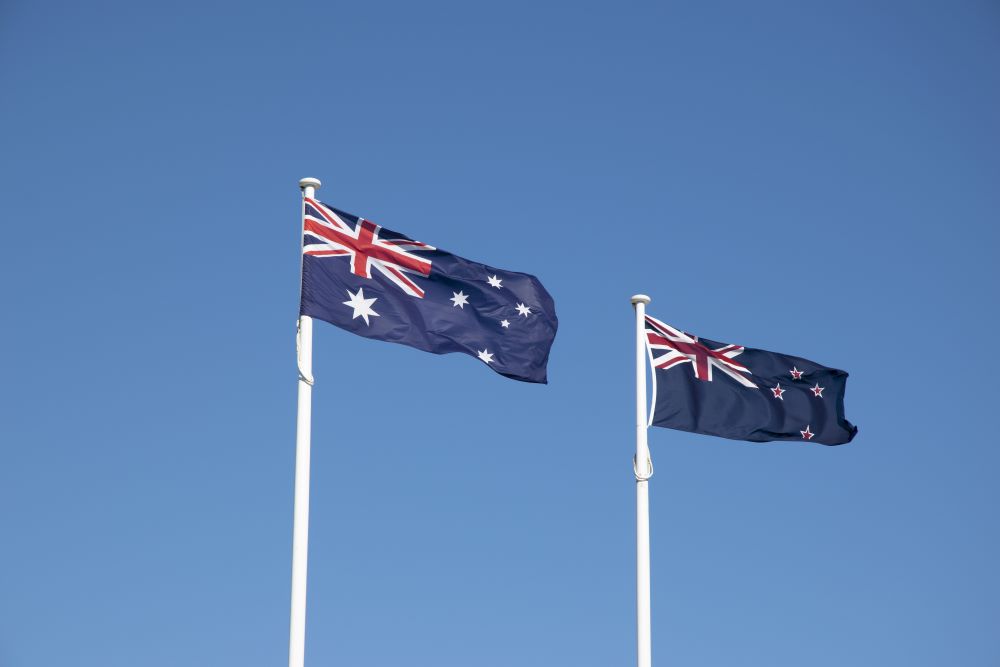
Despite the government launching a commission to scrutinise the impact of the trade deals it is negotiating, some sectors remain concerned that their domestic markets could be compromised by the removal of barriers on imports.
The president of the National Farmers’ Union, Minette Batters, remains concerned that British farmers will be undercut by cheap imports if upcoming trade deals with Australia and New Zealand go unchallenged.
With negotiations at a “crucial stage” with both countries, Batters wrote in the Mail on Sunday that negotiators from the two countries are sticking firm to “hardline demands for the complete removal of tariffs on all their exports to the UK”.
“This would make life unbearable for small British family farms, which, remember, must respect British laws governing high farm standards,” she said.
‘Nothing to fear’
To compete with the industrial scale of the agricultural sectors in Australia, New Zealand and America, British farmers would have to turn their back on grass-fed, high quality beef and lamb, she argued.
However, allies of trade minister Liz Truss have dismissed the concerns, telling the Mail that British farmers “have nothing to fear” from an Australian deal.
Transition
It is understood that Australian negotiators have requested a five-year transition period, after which the current restrictions and tariffs on their goods would be lifted.
However, government sources indicated that tariffs were unlikely to be lifted for at least a decade.
Winners and losers
The NFU’s interjection underlines that there will usually be both winners and losers as a result of any of the post-Brexit deals that the UK negotiates.
While UK farmers are concerned about unfair competition from Australia, the government’s strategic pitch for a free trade agreement with the country highlights the sectors that could benefit, including:
- Scotch Whisky exports – with a third of Scotland’s goods exports to Australia being beverages in 2018
- Financial services – the UK’s fifth highest services export to Australia.
- Cars – the UK’s second highest goods export to Australia
Whisky galore
Karen Betts, CEO of the Scotch Whisky Association recently said that producers welcomed the suspension of US tariffs on Scotch and were hoping for the removal of trade barriers elsewhere, reports the Herald.
“We’re talking to the UK government about the deal they’re negotiating with Australia and the trade talks they’re having with India,” she said.
Driving a hard bargain
The Society of Motor Manufacturers and Traders has also said that both Australia and New Zealand “represent important trading partners, with the UK exporting more cars to both markets than any other product”.
It has called for a liberalisation of tariffs and rules of origin for both countries, as well as an easing of regulatory barriers and customs.
Small firms
SMEs could also benefit from the Australia and New Zealand deals, Federation of Small Businesses (FSB) national chairman Mike Cherry told ITV.
“Of the small businesses that export, 38% already do so with Australia while 30% are trading with New Zealand, which highlights the potential to build on these existing strong trading links via trade deals with both countries,” he said.



